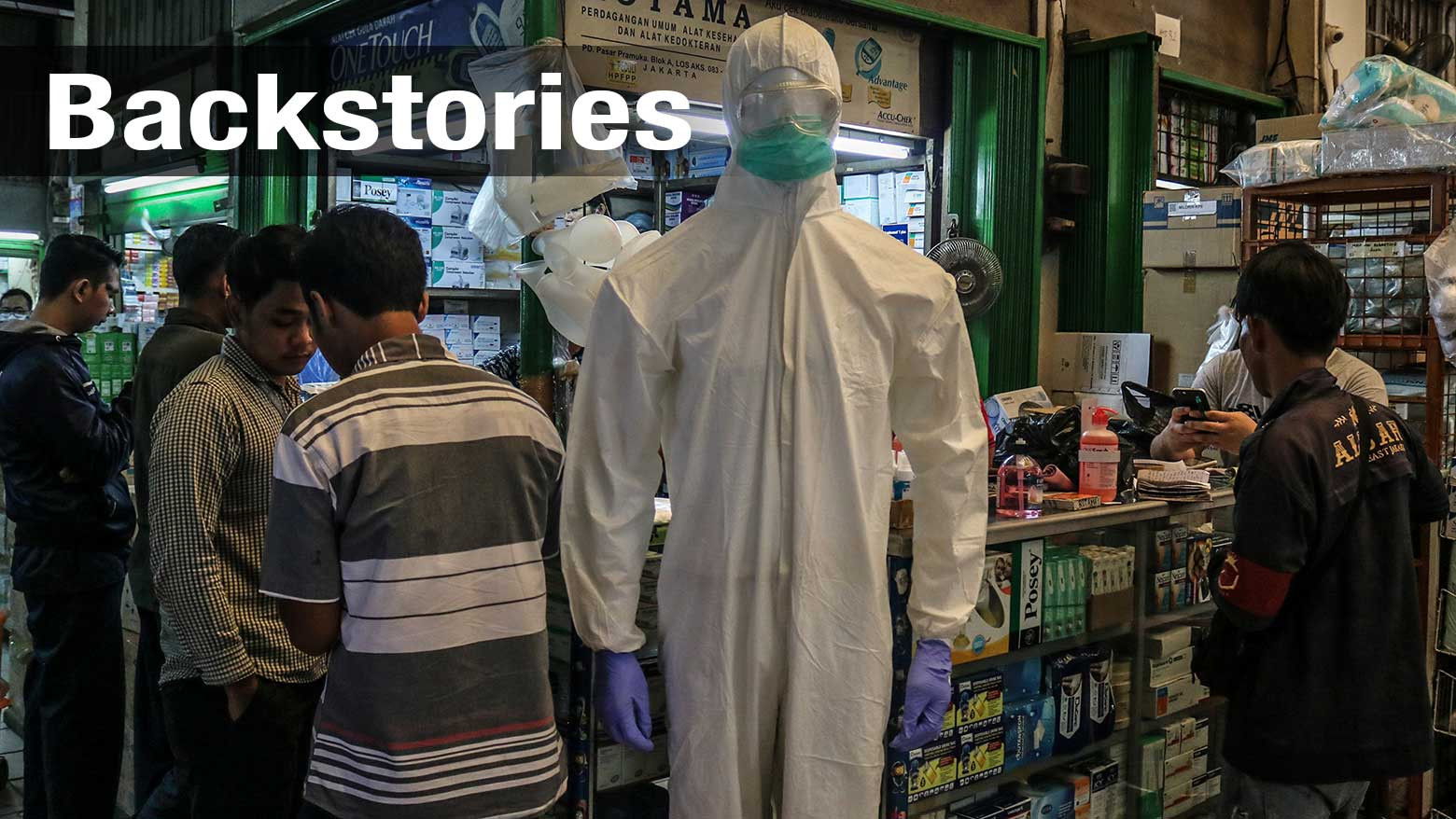In the midst of the coronavirus pandemic, investors are quickly selling emerging market currencies such as the Brazilian real, Indonesian rupiah, Russian ruble, and Turkish lira to buy up the US dollar.
Kristalina Georgieva, the head of the International Monetary Fund, noted in a recent statement that investors have removed 83 billion dollars' worth of money from emerging markets, the largest capital outflow ever recorded.
For these countries, the problems don't end there; they have been hit hard by plummeting oil and commodity prices. On March 18, crude prices fell to 20 dollars a barrel, half the price of just a few weeks ago. This is a crippling blow for the many emerging economies which are oil and commodity exporters.
Some of these countries were already in vulnerable positions. The debt service ratio measures a country's debt interest payments in relation to its export earnings. The figure is said to measure the strength of a country's financial position: the lower the ratio, the healthier the national finances. For most countries, the number falls somewhere between 0 and 20 percent.
According to Nakajima Atsushi, chairman of the Research Institute of Economy, Trade, and Industry, Argentina’s number stands at over 60 percent, while Turkey's and Brazil's exceed 30%. If more emerging countries see their ratios increase, it would lead to heightened concerns over the stability of the global financial system. Such a situation could quickly develop into a debt crisis.
Nishihama Toru, Chief Economist at the Dai-ichi Life Institute, says this will be a long, uphill battle. He notes that while most emerging countries are currently not in danger of collapsing, they will be in fragile positions for some time. He stresses the importance of being aware of similar situations in the past, such as the Asian Financial Crisis in the late 1990s, during which one country's problems spread and raised fears of a global economic meltdown.
Japan, the US, and Europe are all preoccupied with fighting the coronavirus pandemic. But it is essential that countries, both developed and emerging, work together to minimize the impact of the economic contagion.

